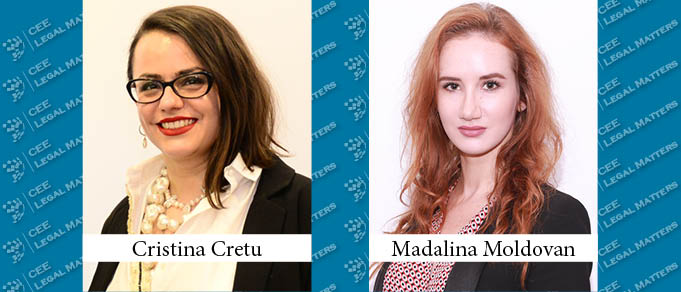The COVID-19 outbreak showed that technology lies at the backbone of our society and that the role of electronic communications services and networks in supporting our economic, educational, and social needs has increased exponentially.
The National Authority for Management and Regulation in Communications (ANCOM) 2020 Action Plan mentions several topics expected to impact the telecom market. However, due the COVID-19 outbreak, the implementation of some of these topics will most probably be postponed.
The two topics of interest right now are: (i) the transposition of Directive (EU) 2018/1972 of the European Parliament and of the Council of 11 December 2018 establishing the European Electronic Communications Code (the “Electronic Communications Code”); and (ii) setting the maximum fixed call termination rates based on a cost calculation method.”
Transposition of the Electronic Communications Code
Despite having the nature of a directive, the rules provided by the Electronic Communications Code will apply in each Member State with a vision of an inclusive single market.
Given the fast-changing technological and market developments, the European Commission needs to periodically update the framework regulating the telecommunications field. The Electronic Communication Code is the result of a “regulatory fitness” exercise consisting of a review of the existing regulatory framework in order to simplify and adapt the current structure to the new market reality, where the provision of communications services is no longer necessarily bundled to the provision of a network.
In a nutshell, the objectives of the Electronic Communication Code are: (i) to pave the way for the next generation of very high capacity networks, including fixed, mobile, and wireless networks; (ii) to stimulate competition and strengthen the consumer rules by, among others things, making it easier to switch between service providers; and (iii) to ensure effective protection of consumer rights by promoting, among other things, better tariff transparency and comparison of contractual offers.
The Electronic Communications Code will need to be transposed to national law by December 21, 2020. According to ANCOM’s Action Plan, a draft law was planned to be ready by March 31, 2020. Due to the current circumstances, however, it has not yet been launched for public consultation, and in public statements, ANCOM has announced that it plans to have the law transposing the European Electronic Communications Code adopted by the end of the year.
Caps on International Calls within the European Union
ANCOM has published for public comment draft measures for fixed telephony operators to cap their tariffs at 0.097 eurocents/minute for domestic calls, calls initiated from within the European Economic Area (EEA), and calls initiated from networks outside the EEA. The measures should apply starting from August 1, 2020.
The current maximum fixed call termination rate is 0.14 eurocents/minute and has been determined based on a cost model established with the aims of promoting competition, maximizing consumer benefits, and stimulating efficient investment in infrastructure.
The proposed fixed call termination rate has been determined based on the updating of several parameters in the previously used cost calculation model and of the cost of capital.
The proposal to decrease these tariffs by 30 percent follows ANCOM’s efforts to develop a competitive telecom market in Romania, with attractive and convenient offers for the users.
By Cristina Cretu, Co-Head of TMT and Data Protection, and Madalina Moldovan, Associate, MPR Partners
This Article was originally published in Issue 7.6 of the CEE Legal Matters Magazine. If you would like to receive a hard copy of the magazine, you can subscribe here.




